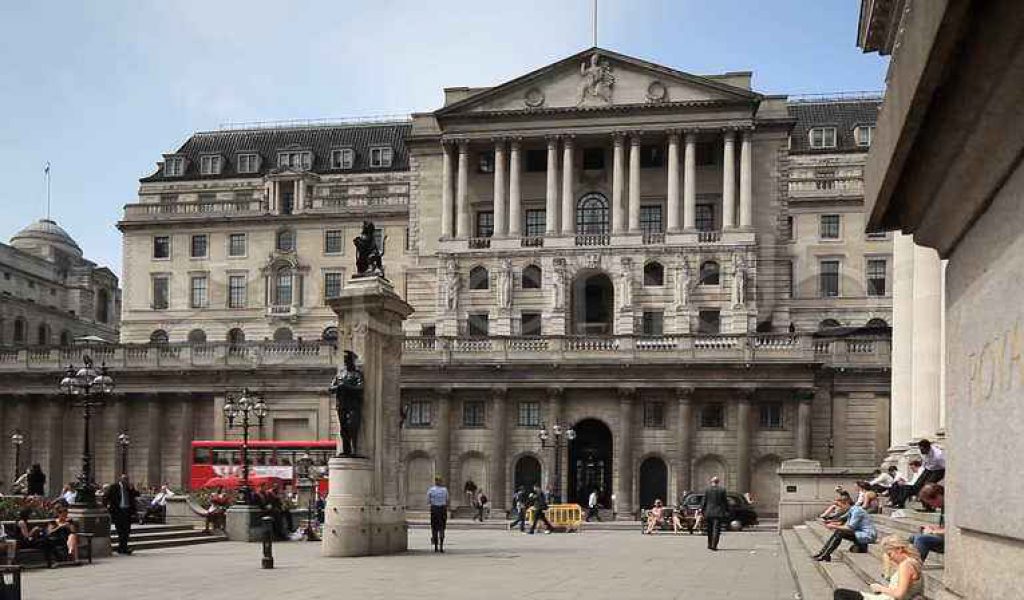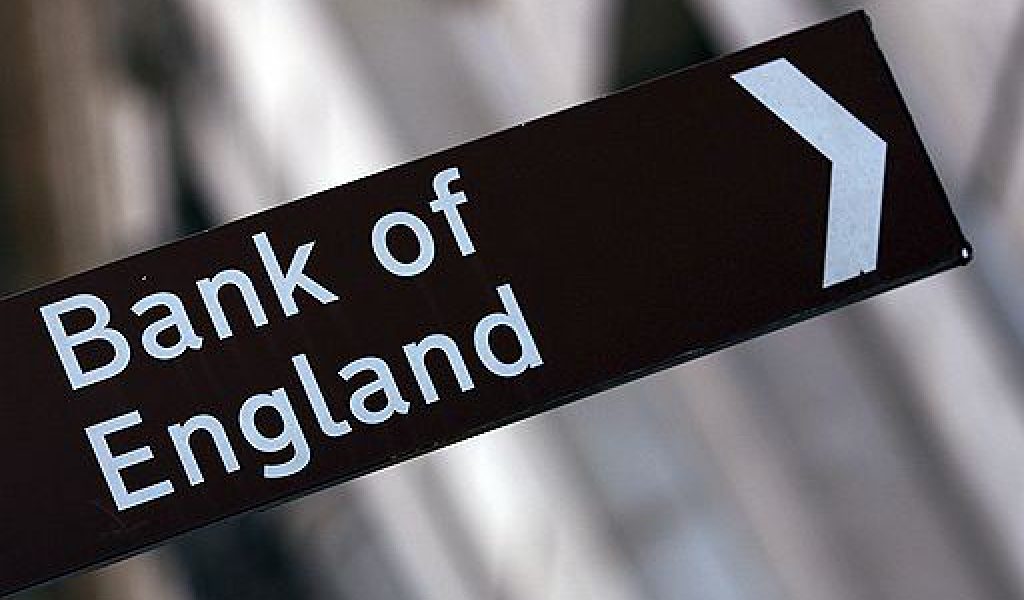Brexit: EU-trained doctors could leave UK
Four in 10 European doctors are considering leaving Britain following the Brexit vote, new research suggests. A British Medical Association (BMA) survey found that 42% are thinking of quitting the UK, with a further 23% still unsure if they will stay. The BMA warned it could spell “disaster” as the National Health Service (NHS) was already facing “crippling staff shortages”.
Among NHS staff in England, 59,796 are from the European Union, according to NHS Digital, including 10,267 doctors – around 6.6% of the UK medical workforce. “Diseases know no country borders, and medicine is an international profession, with global co-operation in research, drug development, standards of patient care, and free movement of doctors around the world.”









